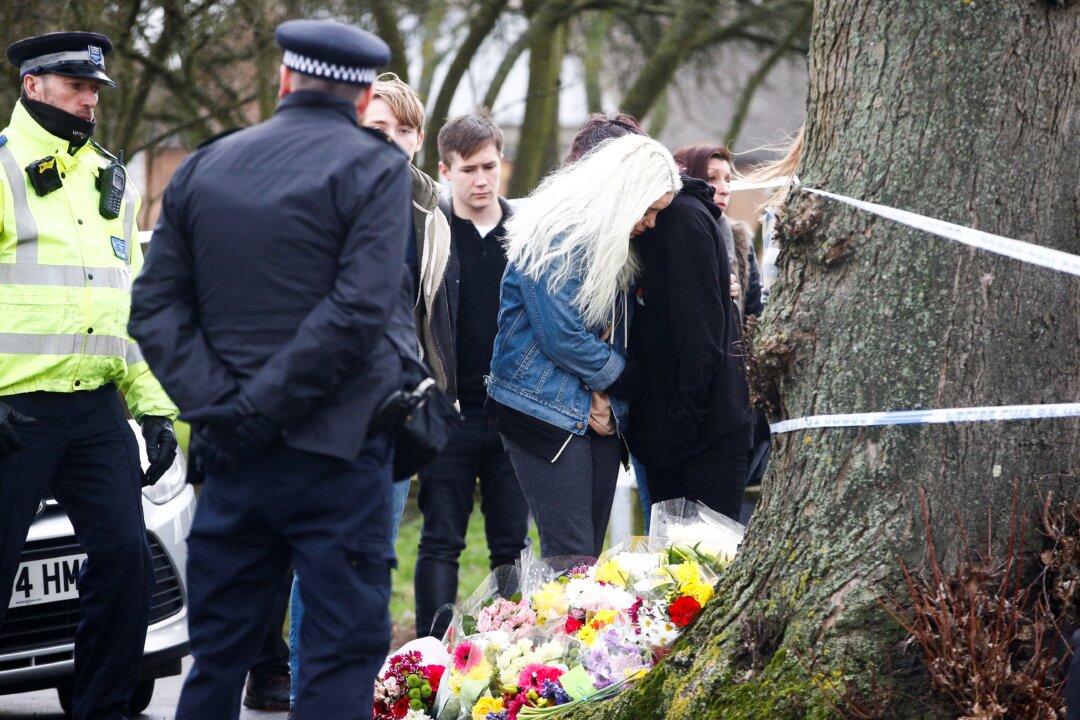LONDON—Two teenagers were killed in knife attacks in Britain over the weekend, bringing the number of people killed in stabbings this year to at least 24 and pushing the bloodshed to the forefront of national concern.
British Interior Minister Sajid Javid said he would be meeting police chiefs this week to find ways to tackle the problem as he called for an end to the “senseless violence”.





